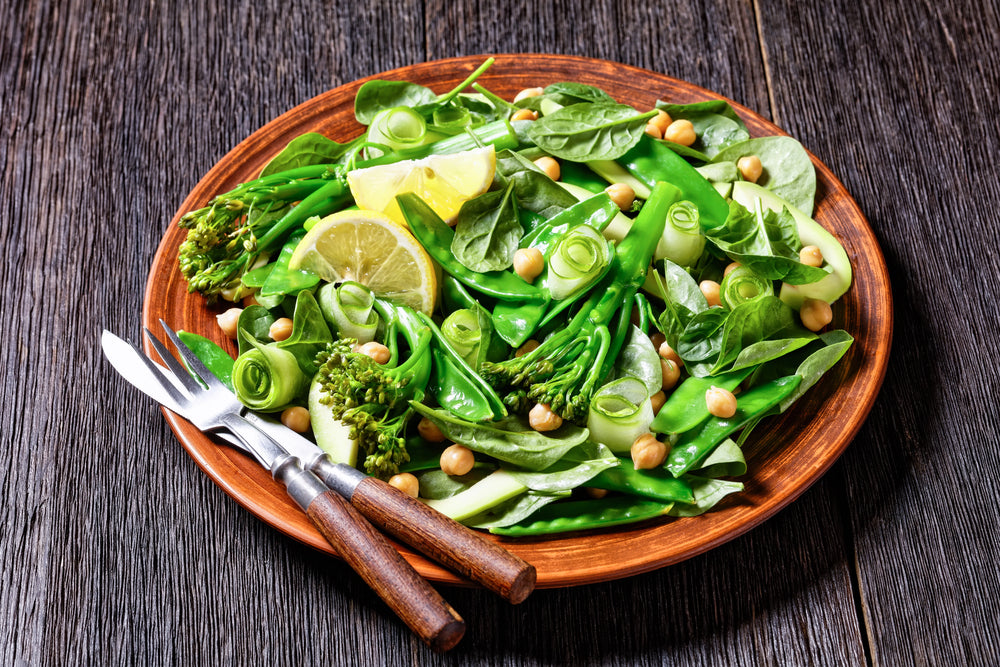Plant-based proteins offer numerous benefits beyond mere macronutrient (fat, carbs and protein) content. They provide phytonutrients, fiber, and antioxidants which contribute to overall health.
Evidence Based
Recent research continues to validate the efficacy of plant-based proteins in improving health outcomes. An analysis published in PubMed (2023) demonstrated that diets rich in vegetable proteins have a positive effect on athletes’ physical performance and recovery. This suggests potential applications in sports nutrition, rehabilitation, and senior care.
Furthermore, a longitudinal study (Journal of Nutrition, 2022) found that individuals with higher intakes of plant-based proteins had lower risks of all-cause mortality (the total number of deaths from any cause in a specific group of people over a specific period of time) and cardiovascular disease. This underscores the importance of incorporating these nutrient-dense foods into patient care plans for long-term health benefits.
By incorporating more protein-rich vegetables into your diet, you can address multiple health concerns simultaneously, including:
- Inflammation reduction
- Gut microbiome enhancement
- Cardiovascular health improvement
- Blood sugar regulation
- Weight management.
Key Protein-Rich Vegetables and Their Therapeutic Properties
Lentils
Protein content: 9g per 1/2 cup (cooked)
Key nutrients: Iron (15% Daily Value (DV), Folate (37% DV), Fiber (8g)
Therapeutic applications: Blood sugar management, cardiovascular health
Green Peas
Protein content: 4g per 1/2 cup
Key nutrients: Vitamin C (22% DV), Vitamin K (24% DV), Manganese (22% DV)
Therapeutic applications: Antioxidant support, bone health
Kidney Beans
Protein content: 8g per 1/2 cup (cooked)
Key nutrients: Iron (11% DV), Potassium (11% DV), Fiber (7g)
Therapeutic applications: Anemia prevention, blood pressure regulation
Edamame
Protein content: 8g per 1/2 cup (shelled)
Key nutrients: Vitamin K (41% DV), Folate (60% DV), Fiber (4g)
Therapeutic applications: Bone health, cognitive function support
Spinach
Protein content: 3g per 1/2 cup (cooked)
Key nutrients: Iron (20% DV), Calcium (12% DV), Vitamins A (105% DV) and C (30% DV)
Therapeutic applications: Antioxidant support, eye health
Broccoli
Protein content: 2g per 1/2 cup (cooked)
Key nutrients: Vitamin C (84% DV), Vitamin K (77% DV), Folate (14% DV)
Therapeutic applications: Detoxification support, cancer prevention
Recommendation Examples
Cardiovascular Health Protocol: Recommends a daily serving of lentils or kidney beans to support heart health through their high fiber and potassium content.
Blood Sugar Health: Include a variety of legumes in meal plans to stabilize blood glucose levels and improve insulin sensitivity.
Bone Health Optimization: Try regular consumption of edamame and broccoli for their high vitamin K content, crucial for calcium metabolism.
Detoxification Support: A suggestion is Cruciferous vegetables like broccoli to support liver function and natural detoxification processes.
Anemia Prevention: Combine iron-rich vegetables like spinach and lentils with vitamin C sources to enhance iron absorption.
Practical Implementation
Meal Planning: Work out meal plans that incorporate a variety of protein-rich vegetables throughout the day.
Gradual Introduction: To prevent digestive discomfort, start with one protein-rich vegetable each day and gradually increase it.
Seasonal Adaptations: Change your diet based on seasonal availability to ensure fresh, nutrient-dense options year-round.
Conclusion
The idea of using nutrition as your medicine comes from Hippocrates. “Let food be thy medicine and medicine be thy food.” By leveraging the power of protein-rich vegetables, you can address multiple health concerns.
Tailoring your nutrition to your individual needs is vital. By integrating this nutrition approach, you can take control of your health and achieve lasting wellness through the power of food as medicine.

